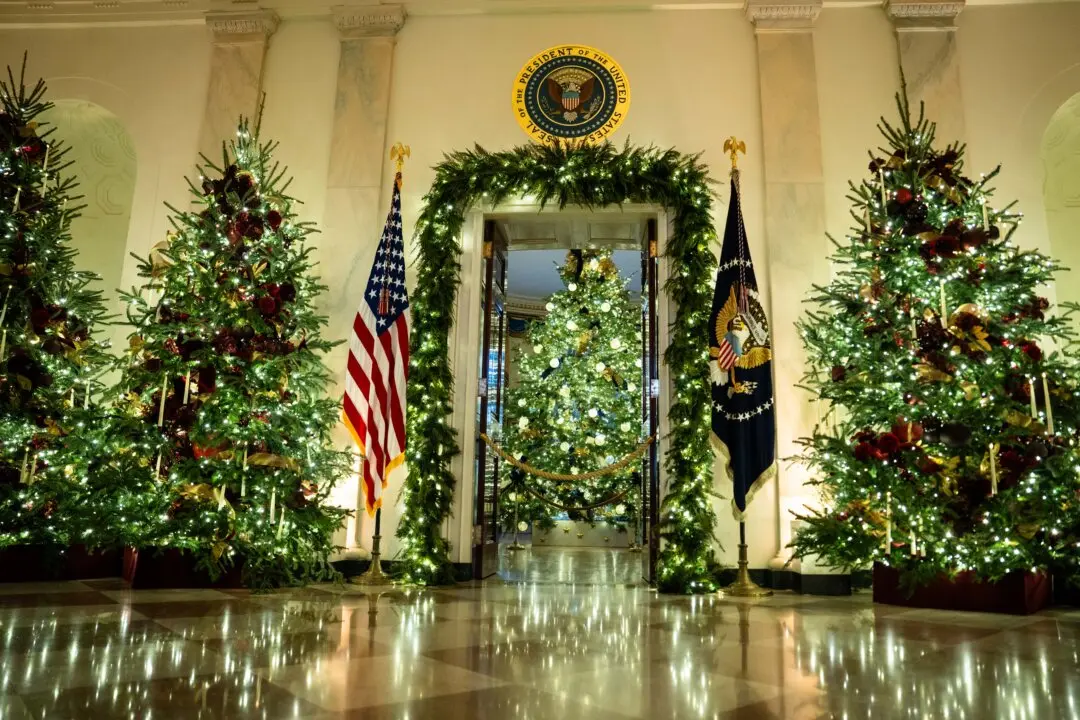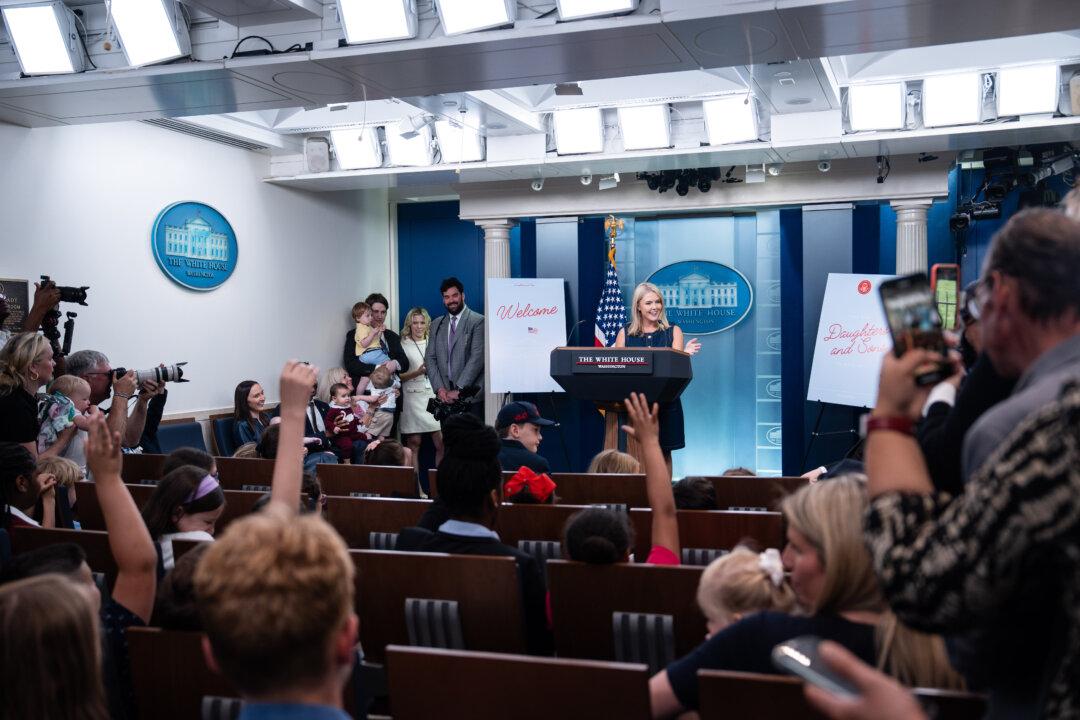WASHINGTON—A military veteran testified at the Oath Keepers trial on Nov. 2 that he attempted to get a message from Stewart Rhodes to then-president Donald Trump after Jan. 6, 2021, but changed his mind.
Jason Alpers currently owns a software development company and served over six years in psychological operations in the military. A former colleague with whom he was working in January 2021 at a security company called Allied Special Operations Group told him that Rhodes wanted to meet him.





